The American trumpeter and vocalist Louis Armstrong once said, “The memory of things gone is important to a jazz musician. Things like old folks singing in the moonlight in the backyard on a hot night, or something said long ago.”
Between the years 2014 and 2016, I found myself immersed in the world of jazz artists. Without planning to, I started compiling a body of work that followed some of the genre’s practitioners in Cape Town and parts of Johannesburg.
In those moments, I felt the weight of history and the pulse of rebellion echoing through the notes and rhythms. Much like Armstrong, I found jazz to be an archive of things now gone.
The images in this series are an attempt to give form to that feeling: of having had and lost some great and infinite thing.

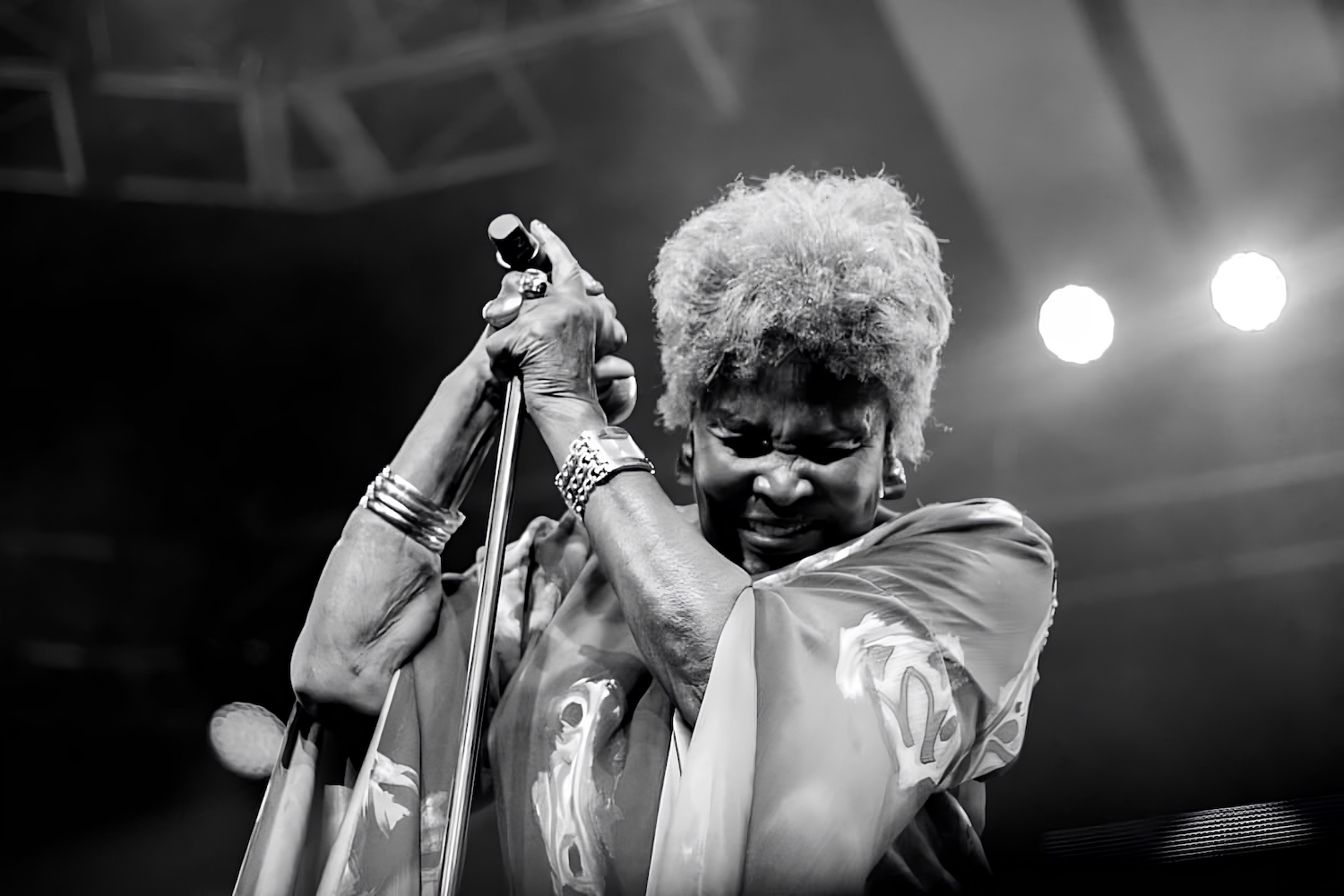
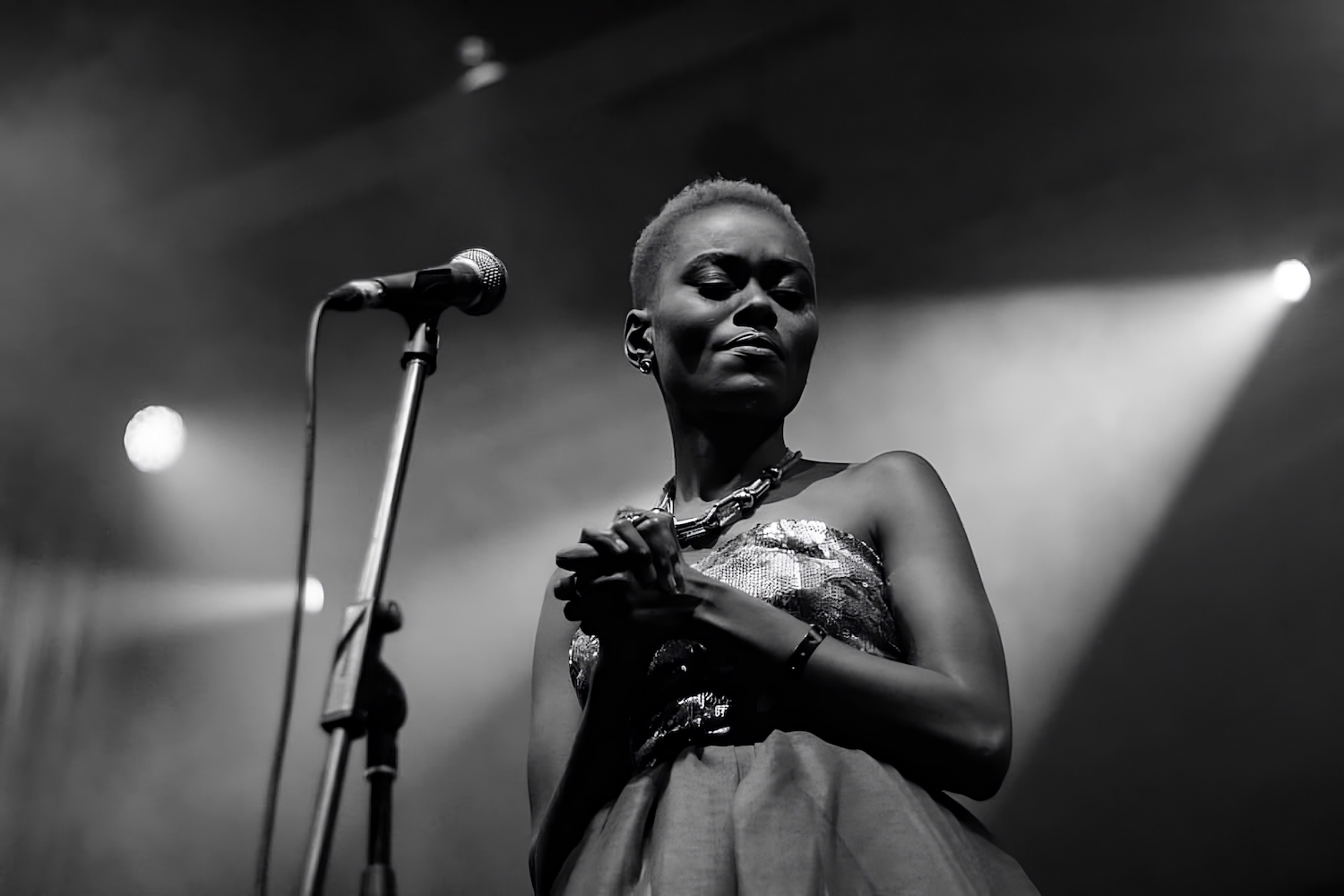
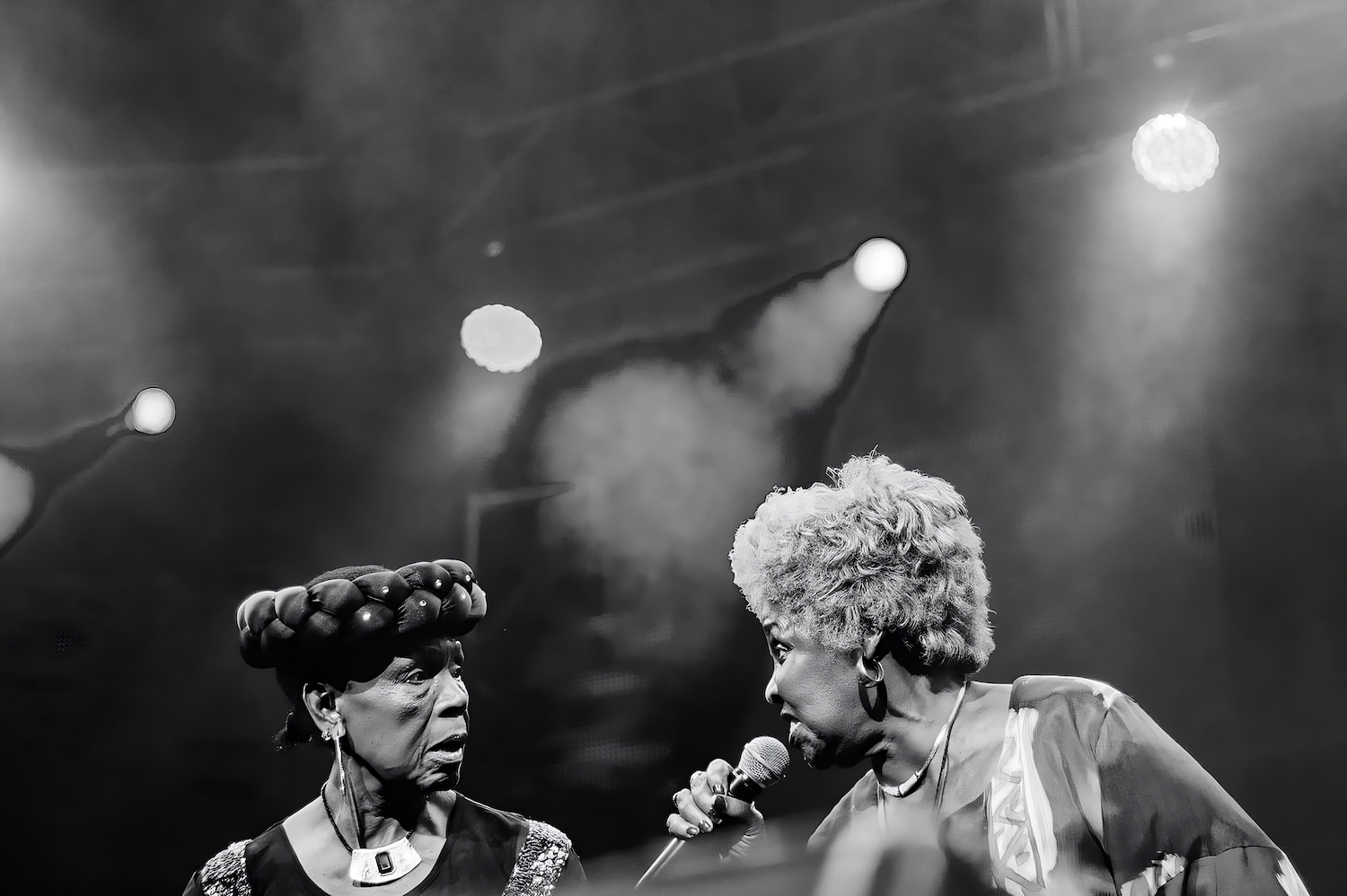
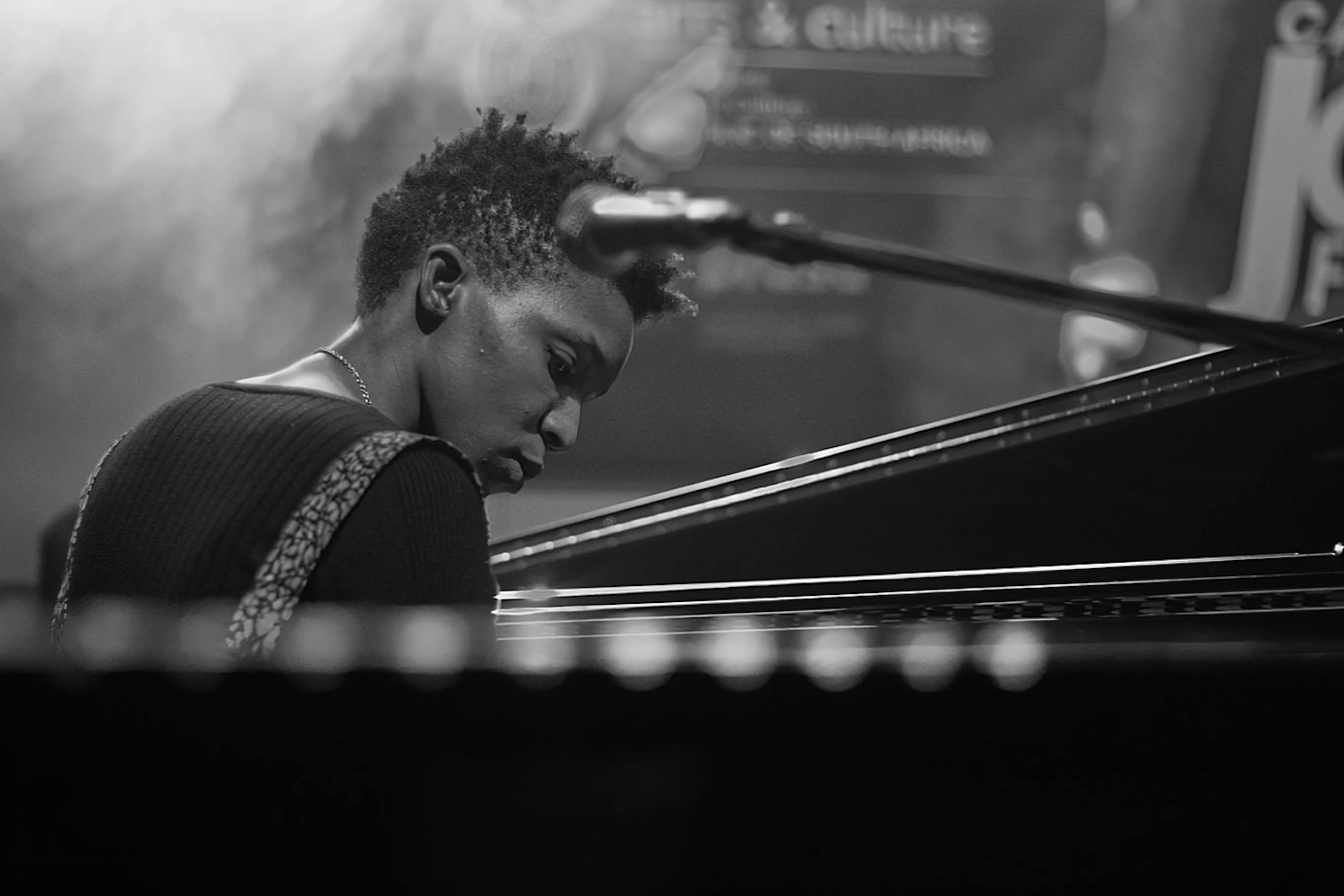
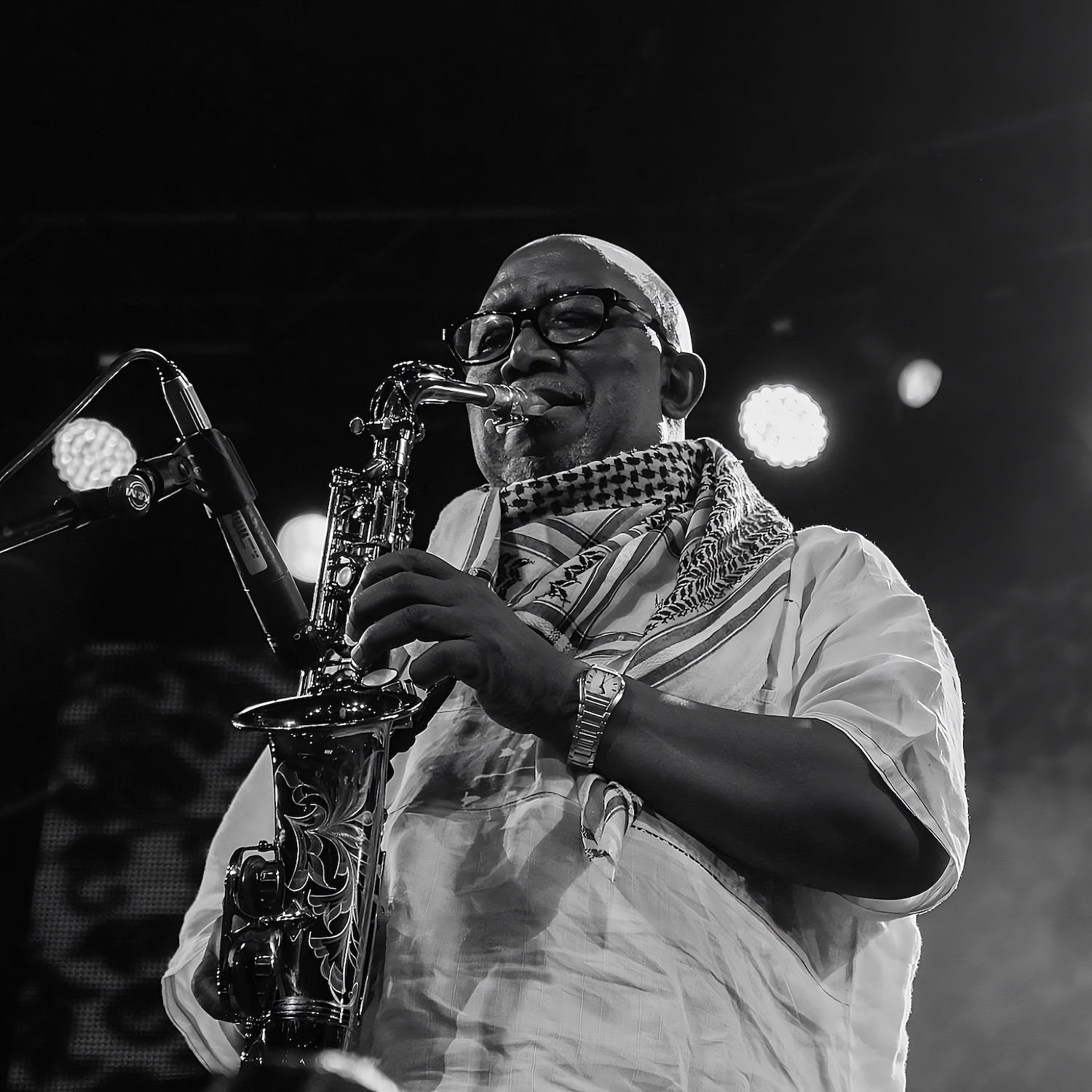
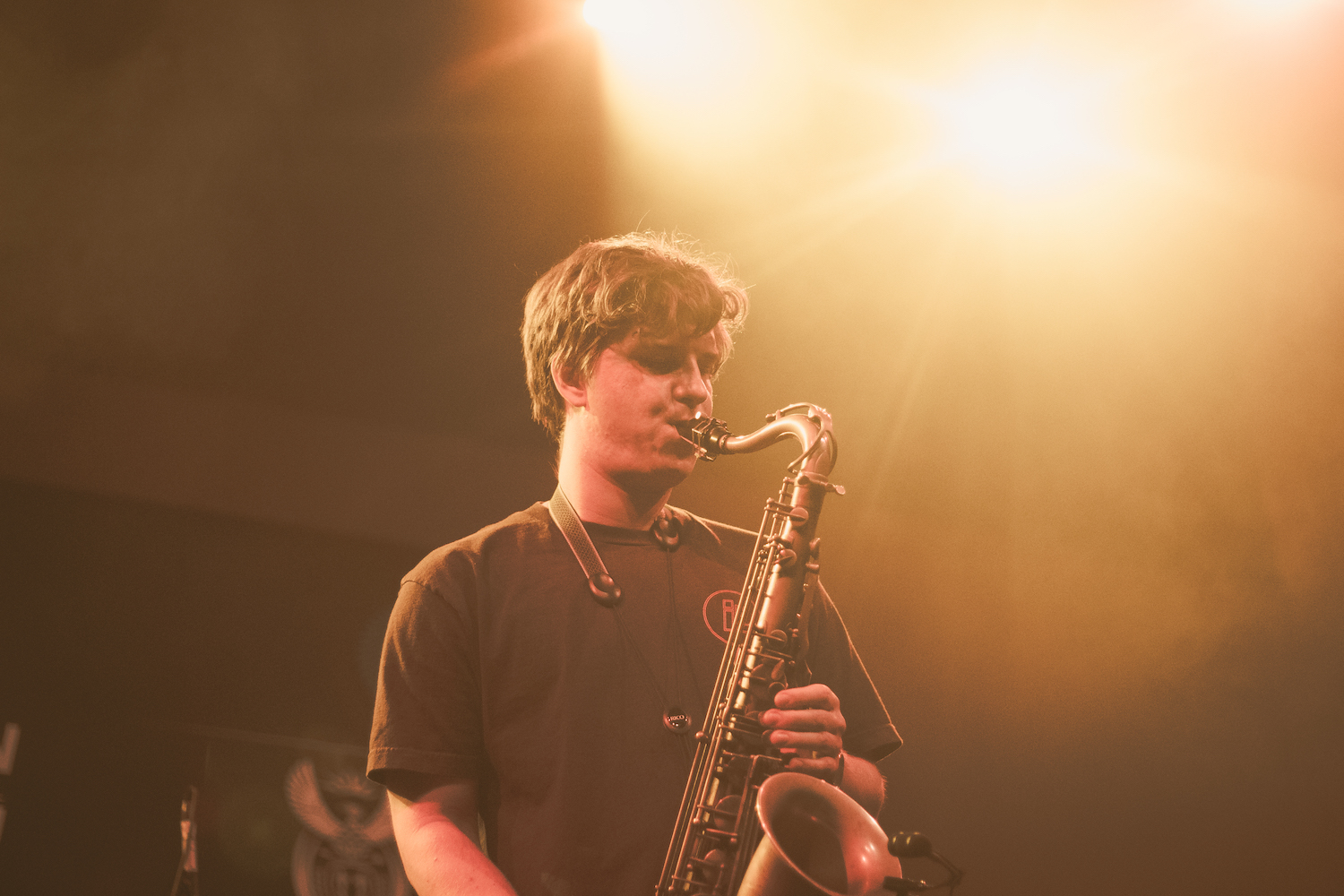
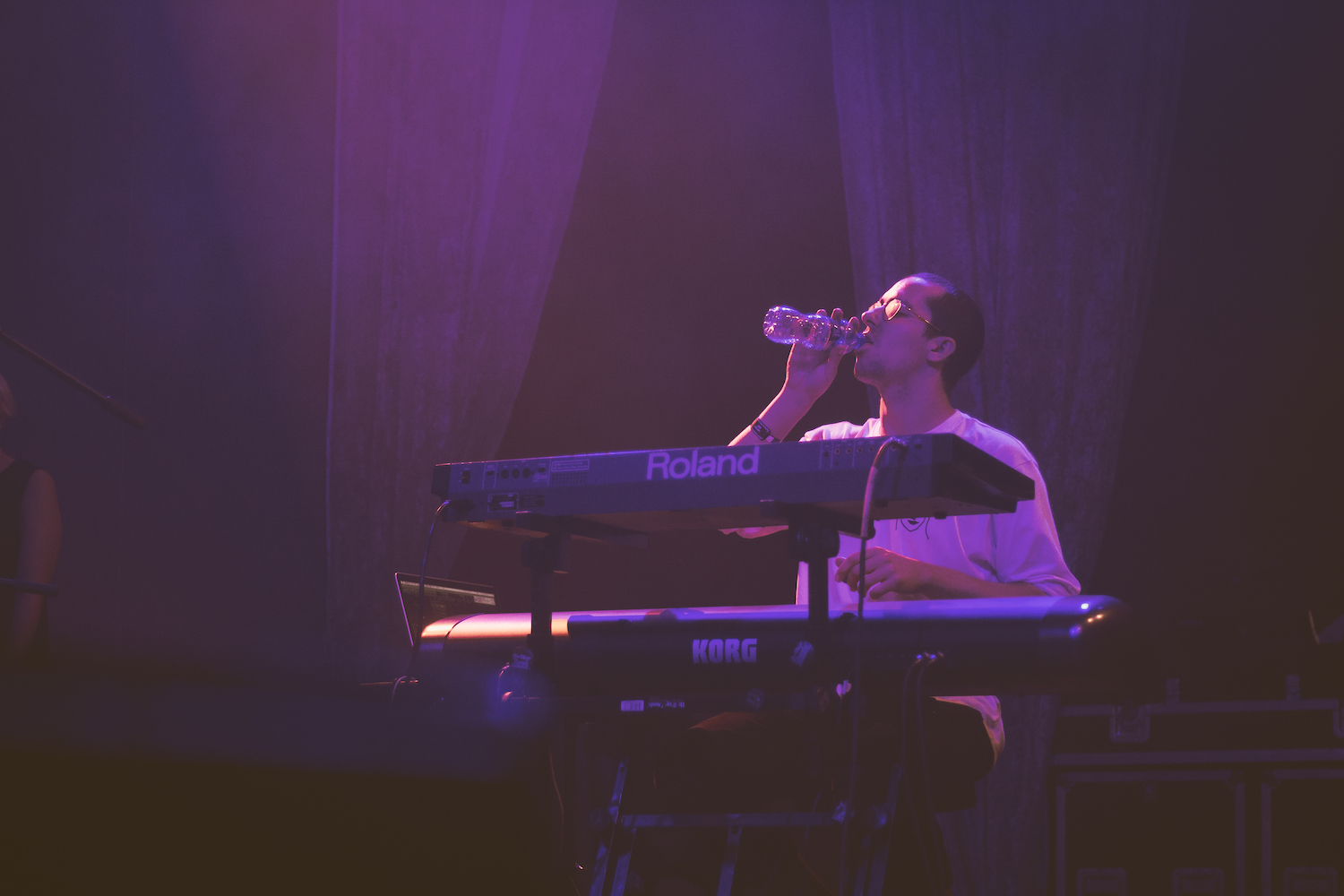
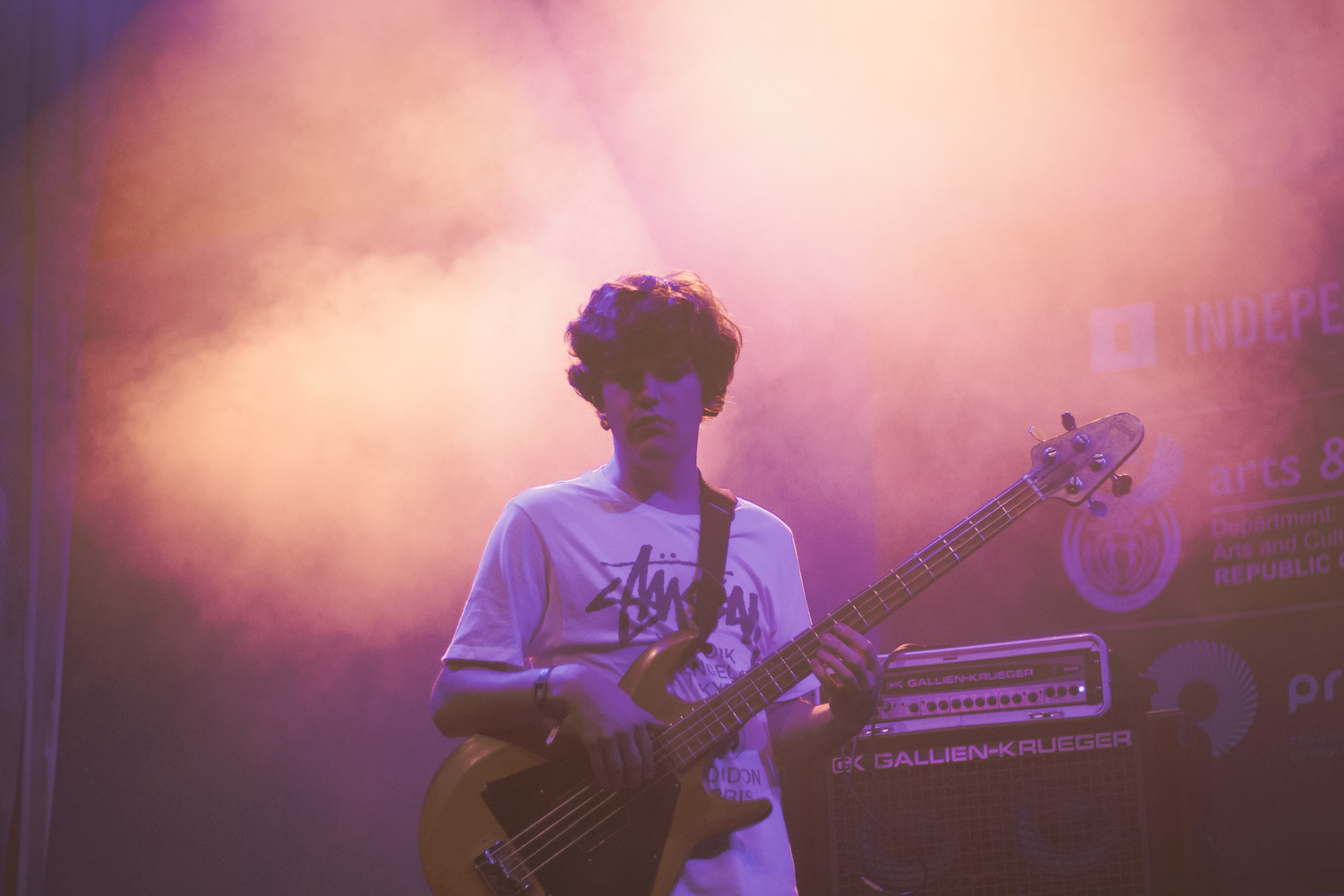
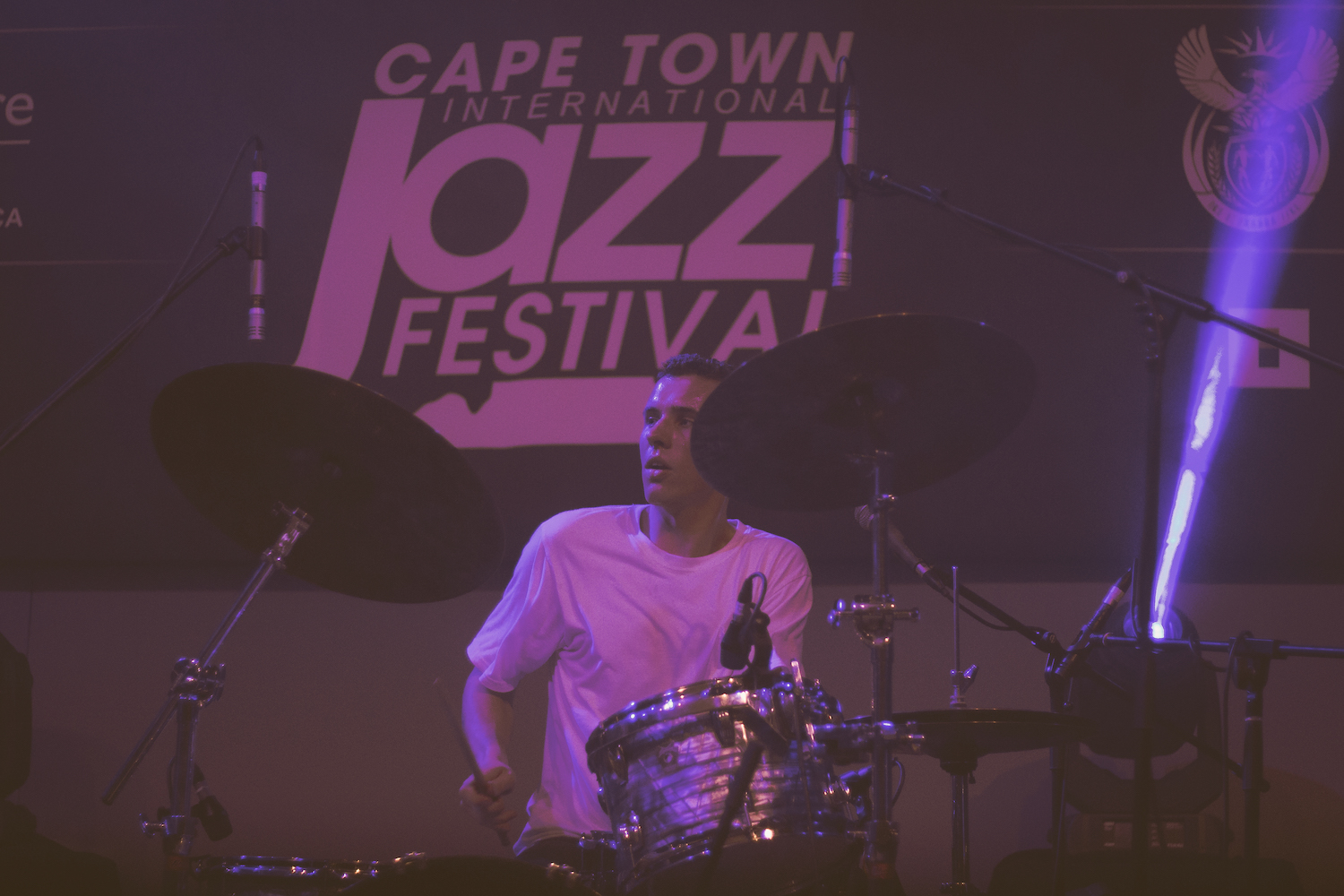
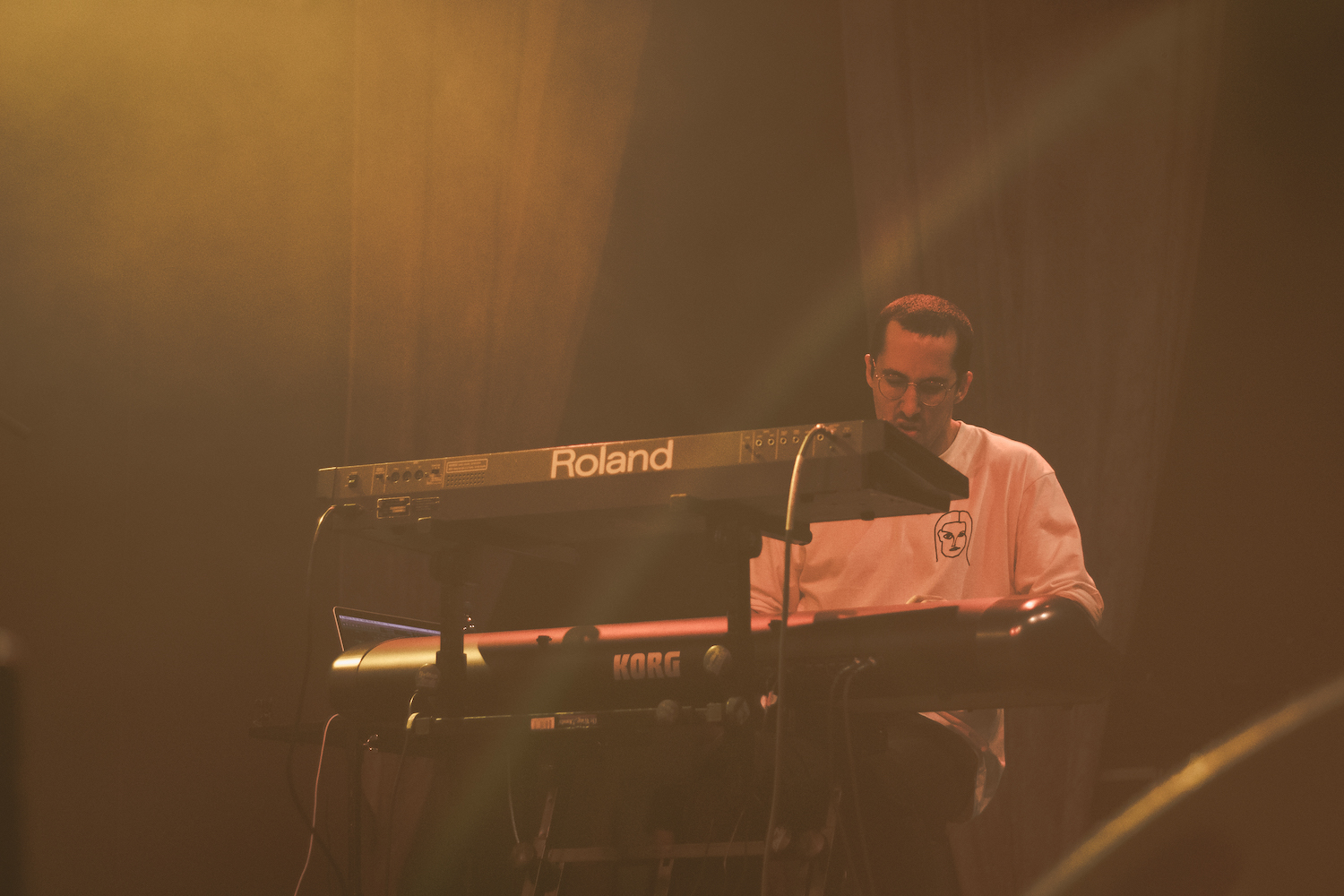
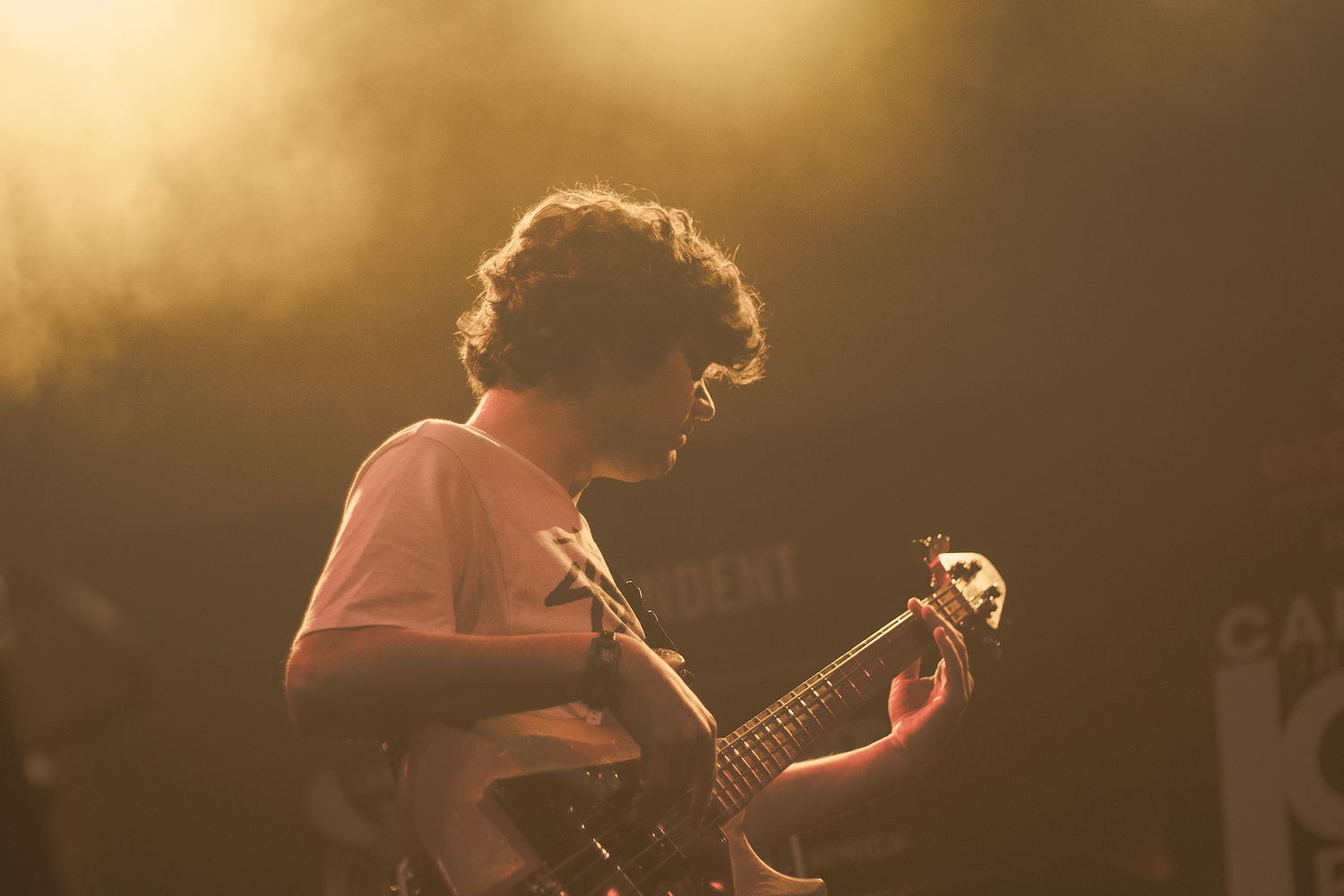
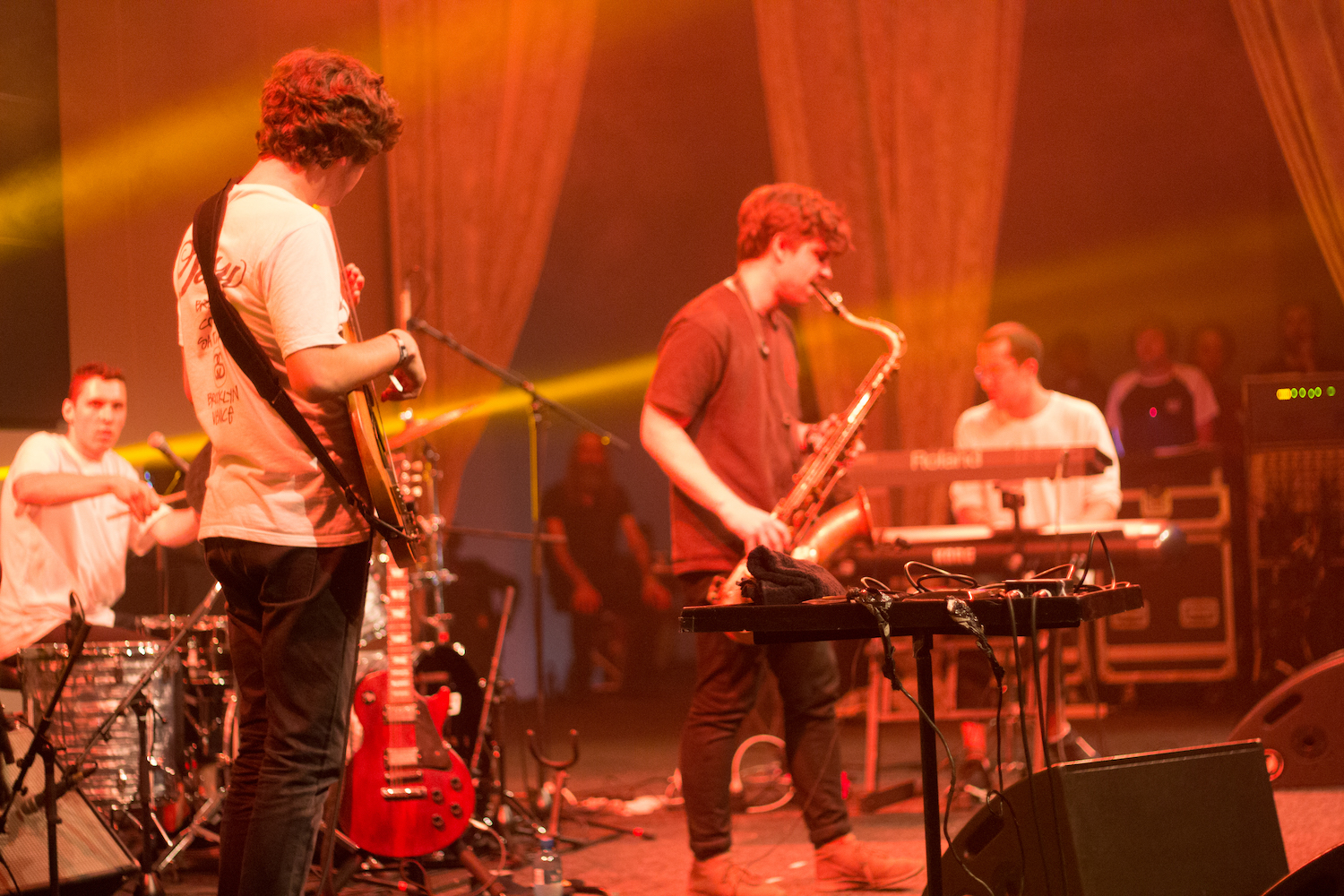
Rofhiwa Maneta is a South African writer and photographer. He is the author of ‘A Man, A Fire, A Corpse’, a literary biography of his father that mixes journalism, narrative nonfiction and remembered history. His work has appeared in VICE, The Fader, New Contrast Magazine and The Sunday Times.